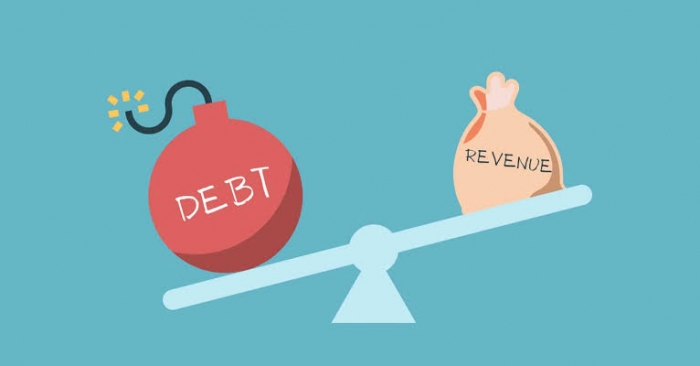In the first year of President Bola Tinubu's administration, Nigeria has seen a substantial increase in both external and domestic borrowing, raising concerns over the country's rising debt servicing costs and potential economic implications.
External Borrowings
Nigeria has secured a total of $4.95 billion in loans from the World Bank under Tinubu's tenure. These loans cover various sectors:
- Power Sector: $750 million to enhance the power sector.
- Women’s Empowerment: $500 million to scale up the Nigeria for Women Program.
- Education: $700 million to support the Adolescent Girls Initiative for Learning and Empowerment (AGILE).
- Renewable Energy: $750 million for the Distributed Access through Renewable Energy Scale-up (DARES) project.
- Economic Stabilization: $1.5 billion for the Nigeria Reforms for Economic Stabilization to Enable Transformation (RESET) Development Policy Financing Program.
- Resource Mobilization: $750 million for the Nigeria Accelerating Resource Mobilization Reforms (ARMOR) Program-for-Results.
Additionally, Nigeria received an oil-backed loan of $3.3 billion from the African Export-Import Bank (Afreximbank), with the latest disbursement of $925 million. This loan aims to support Nigeria’s macroeconomic stability and long-term economic growth.
Domestic Borrowings
Domestically, the Federal Government borrowed N20.1 trillion from local investors, marking a 117% year-on-year increase from the previous year. This borrowing was facilitated through various instruments such as FGN Bonds, FGN Savings Bonds, Sukuk Bonds, and Nigeria Treasury Bills (NTBs). Notably, NTBs constituted 66% of this borrowing, with the amount rising by 188% to N13.235 trillion.
The high-interest rate environment, driven by a rise in the Monetary Policy Rate (MPR) to an average of 20.32%, contributed to this surge. Consequently, the average interest rate on NTBs rose to 9.1%, and on FGN Savings Bonds, it increased to 17.91%.
Economic Implications
The sharp increase in borrowing has raised alarms about the potential strain on Nigeria's economy. The country’s external debt servicing payments nearly doubled, reaching $2.19 billion in the first five months of 2024, compared to $1.12 billion in the same period in 2023. This rising debt burden could divert resources from critical sectors such as healthcare, education, and infrastructure, exacerbating socio-economic challenges.
Analysts warn that the increased borrowing costs could lead to further inflationary pressures and higher interest rates, impacting businesses and individuals. The substantial rise in government borrowing might crowd out private sector investment, making it more expensive for businesses to access credit.

